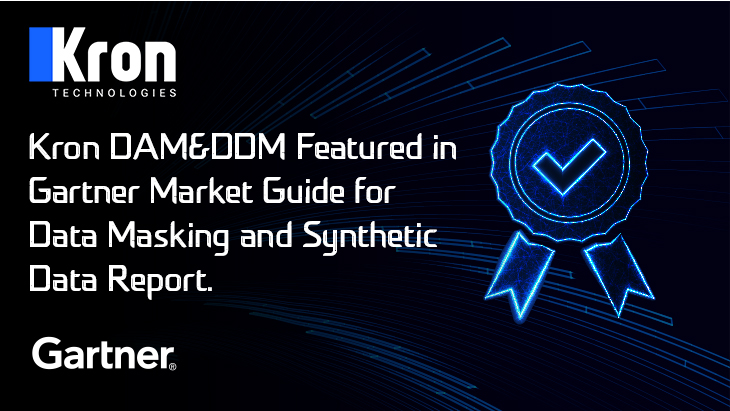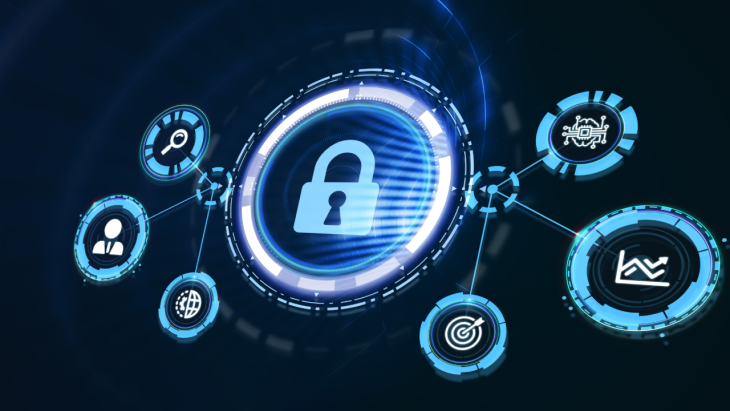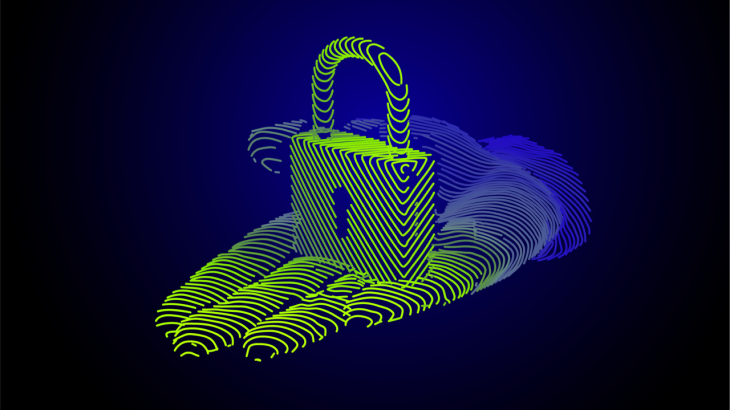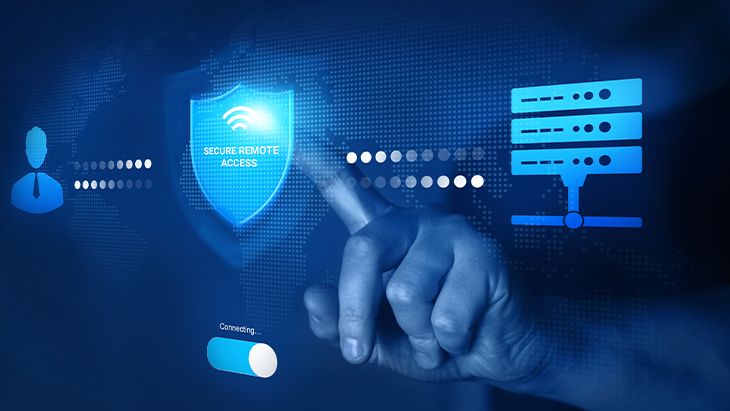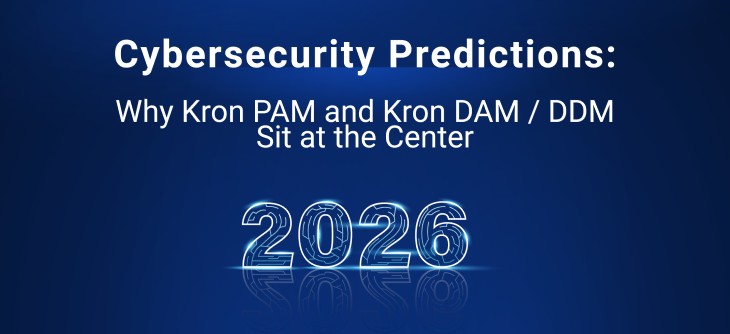
What is Privileged Access Management (PAM)?
Jan 17, 2021
/
Kron
Privileged access is becoming a more common concept as technology develops and the digitalization process accelerates. BY definition, privileged access can turn into a major security threat for companies, especially as it relates to privileged users accessing computer systems with critical data. A wide range of privileged access components, from databases to intermediary software, from network devices to cloud services, can be easily seized by malicious people and used to harm companies, unless they are managed and controlled effectively. Privileged Access Management (PAM) is a valuable tool to protect and secure privileged access processes and data.
What does Privileged Access Management (PAM) Mean?
Privileged Access Management (PAM) is used for the detection, analysis, and control of specially authorized users who can access critical data. There are specific software solutions that allow you to manage all these processes in an efficient and trouble-free manner.
The high risk of privileged access, which is used extensively in large-scale sectors such as finance, telecom, energy and public services, makes it inevitable to implement security measures. Security measures addressing privileged access are a necessity for the smooth progress of internal or external business, and have become more and more important with the increasing number of data breach incidents around the world.
Why is Privileged Access Management (PAM) Significant?
The information of users with privileged access is always the first target of malicious people, as it provides access to very significant resources. If privileged access is compromised, companies can experience financial losses or damage to their reputation and brand image. In addition, privileged access rights, which can be assigned to artificial intelligence-powered non-human users, can also be assigned to common accounts used to manage a company's social media profiles.
One of the biggest crises regarding social media and privileged access was experienced by a popular social media platform in 2020. The incident emerged with the hacking of the accounts of world-famous individuals and institutions such as Joe Biden, Bill Gates, Barack Obama, Jeff Bezos, Kim Kardashian, Kanye West, Apple, and Uber, and progressed to the use of accounts for Bitcoin fraud. Although the platform did not make an official statement about the source of the problem, this situation seems to be due to the privileged access security gap.
Taking this into consideration, it’s easy to understand what the misuse of privileged access can lead to if it is not controlled, regardless of the organization’s small or large scale. Therefore, Privileged Access Management is a significant player in this scenario, and consists of different stages specific to each possible threat and the comprehensive measures that can be taken at different stages. To this purpose, there are different sub-products and services associated with Privileged Access Management solutions.
What are Privileged Access Management (PAM) Solutions?
A Privileged Access Management solution can include various elements such as Privileged Session Manager, Two-Factor Authentication, and Dynamic Password Controller, and offers services such as password and access control, location and time-based verification, or recording of transactions of administrators who can access the databases. Single Connect is an advanced Privileged Access Management platform, recognized by renowned international analyst agencies like Gartner and Kuppinger Cole, and features essential PAM components like:
Privileged Session Manager: The Privileged Session Manager is a central solution, and makes it possible to control privileged sessions and access management efficiently and pain-free.
Password Vault: The Password Vault verifies authorized sessions and offers a fully encrypted infrastructure, while also using its password vault feature to prevent the sharing or theft of privileged passwords.
Multi-Factor Authentication (MFA): Unlike conventional verification systems, Multi-Factor Authentication (MFA) verifies privileged user access requests with time and location information.
Dynamic Data Masking: The Database Access Manager, with its Dynamic Data Masking feature, can record and mask the transactions performed by database administrators, eliminating any doubts or suspicion regarding their activities.
Privileged Task Automation: The Privileged Task Automation (PTA) enables routine tasks to be performed at any time by automating them, and increases efficiency as well as security by eliminating service interruptions.
If are looking to experience these high-level security measures in a single platform and take precautions against data breaches, you can take advantage of Kron's Single Connect, one of the world's leading Privileged Access Management solutions. Contact us for detailed information.
Highlights
Other Blogs
